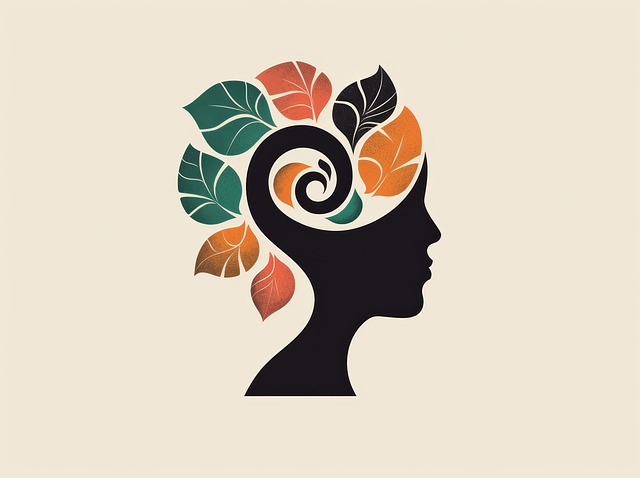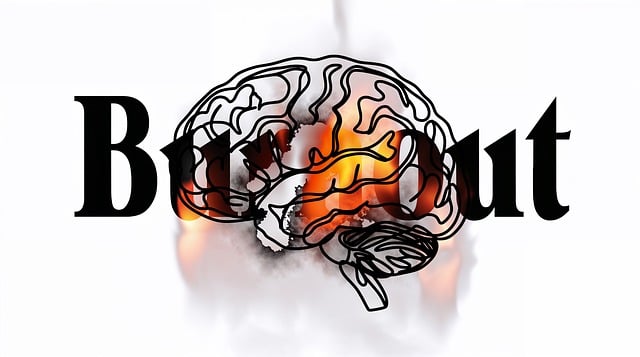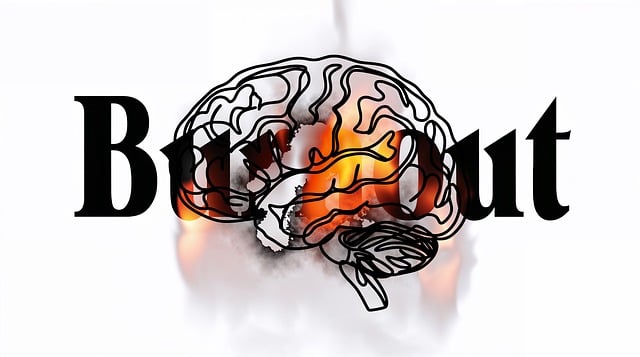Golden Women's Issues Therapy offers a comprehensive approach to managing anxiety, addressing its complex roots and symptoms. By combining Cognitive Behavioral Therapy (CBT) with mindfulness practices like meditation, this therapy empowers women to identify and change negative thought patterns, enhance emotional intelligence, and build inner strength. Lifestyle changes such as balanced nutrition, exercise, and sleep are integrated for holistic stress management. A robust support system and self-care strategies, including compassion cultivation, reinforce these efforts, fostering resilience and a renewed sense of self.
Anxiety is a prevalent mental health concern affecting women disproportionately. This article offers a comprehensive guide to managing anxiety through evidence-based techniques, tailored specifically for women’s issues. We explore the intricacies of anxiety, from understanding common triggers and symptoms to powerful therapeutic approaches like Cognitive Behavioral Therapy (CBT). Additionally, discover mindfulness practices, lifestyle changes promoting mental well-being, and essential self-care strategies for a holistic approach to conquering anxiety.
- Understanding Anxiety: Unraveling Common Triggers and Symptoms
- Cognitive Behavioral Therapy (CBT): A Powerful Tool for Overcoming Anxiety
- Mindfulness Practices: Finding Calm in the Midst of Worries
- Lifestyle Changes for Enhanced Mental Well-being: Diet, Exercise, and Sleep
- Support Systems and Self-Care Strategies: Nurturing Yourself Through Anxiety Management
Understanding Anxiety: Unraveling Common Triggers and Symptoms

Anxiety is a complex emotion that manifests as a response to various internal and external stimuli. It’s essential to recognize that everyone experiences anxiety from time to time, but when it becomes persistent and overwhelming, it can significantly impact daily life. Understanding the triggers and symptoms of anxiety is the first step towards effective management. Common triggers can range from stressful life events like financial worries or major changes at work, to more subtle everyday stressors such as crowded places or public speaking. Symptoms often include rapid heartbeat, shortness of breath, sweating, restlessness, and a feeling of dread. Recognizing these signs early can empower individuals to seek appropriate support.
Golden Women’s Issues Therapy provides valuable tools for navigating anxiety by addressing its root causes. Through therapy, individuals can develop inner strength and learn empathy-building strategies to manage their symptoms effectively. By understanding personal triggers and implementing coping mechanisms, one can prevent burnout and regain control over their lives. This proactive approach fosters resilience, enabling women to face challenges with confidence and a renewed sense of self.
Cognitive Behavioral Therapy (CBT): A Powerful Tool for Overcoming Anxiety

Cognitive Behavioral Therapy (CBT) stands as a golden womens issues therapy tool for managing anxiety. This evidence-based approach focuses on identifying and changing negative thought patterns and behaviors that contribute to anxious feelings. By applying mind over matter principles, CBT empowers individuals to develop resilience against anxiety’s gripping effects. Through this process, women can improve their self-esteem and regain control over their lives.
The therapy involves collaborative work between a therapist and the client to challenge distorted thinking and replace it with more realistic, positive thoughts. This cognitive restructuring not only helps in managing present anxiety but also prevents future episodes by equipping individuals with effective coping strategies. CBT’s structured nature and emphasis on practical techniques make it accessible and beneficial for those seeking lasting solutions beyond temporary fixes.
Mindfulness Practices: Finding Calm in the Midst of Worries

In the pursuit of managing anxiety, mindfulness practices have emerged as a powerful tool for women seeking Golden Womens Issues Therapy. Mindfulness meditation encourages individuals to focus their attention on the present moment, observing thoughts and feelings without judgment. This simple yet profound technique allows one to detach from anxious spirals, offering a sense of calm amidst worries. By cultivating mindfulness, women can enhance their emotional intelligence, enabling them to recognize and manage their emotions more effectively during stressful situations.
Engaging in regular mindfulness meditation sessions facilitates the emotional healing processes that are often disrupted by anxiety. It trains the mind to stay grounded, reducing the intensity of anxious thoughts. This ancient practice, with modern applications, empowers women to navigate life’s challenges with resilience, ensuring they find peace and clarity even in the midst of turmoil.
Lifestyle Changes for Enhanced Mental Well-being: Diet, Exercise, and Sleep

In addressing anxiety management techniques, lifestyle changes play a pivotal role in enhancing mental well-being. A balanced diet, rich in nutrients essential for brain health, acts as a cornerstone for Golden Women’s Issues Therapy. Incorporating regular physical exercise not only promotes overall fitness but also significantly reduces anxiety levels through the release of endorphins and other neurochemicals that boost mood. Adequate sleep is equally vital; it allows the mind and body to rejuvenate, thereby improving emotional resilience.
When professionals in mental health consider integrating these lifestyle factors into their risk management planning, they can facilitate more holistic and effective therapeutic processes. This approach not only complements traditional stress management techniques but also fosters emotional healing processes, ultimately contributing to improved outcomes for clients dealing with anxiety.
Support Systems and Self-Care Strategies: Nurturing Yourself Through Anxiety Management

Building a strong support system is an integral part of anxiety management, especially for women navigating Golden Womens Issues Therapy. Surround yourself with understanding friends and family who can offer a listening ear and provide empathy—a powerful tool in building resilience against anxiety. These connections create a sense of belonging and validation, allowing you to express your feelings freely without fear of judgment.
Self-care strategies are equally vital for managing anxiety effectively. Engaging in activities that nurture your mind, body, and spirit can significantly impact your overall well-being. This includes adopting mindfulness practices, such as meditation or deep breathing exercises, which cultivate present-moment awareness and promote a sense of calm. By incorporating compassion cultivation practices into your routine, you can develop a kinder inner dialogue, challenging negative thoughts that fuel anxiety. Remember, the mind-over-matter principle is key; with consistent effort, you can train your mind to focus on positive outcomes and resilience in the face of anxious thoughts.
Anxiety management is a multifaceted approach that combines therapy, mindfulness, lifestyle adjustments, and self-care. As discussed, understanding the triggers and symptoms of anxiety is the first step towards overcoming it. Cognitive Behavioral Therapy (CBT) has proven to be an effective tool in rewire negative thought patterns associated with anxiety. Integrating mindfulness practices allows for a calmer mind, while lifestyle changes such as a balanced diet, regular exercise, and adequate sleep significantly contribute to enhanced mental well-being. Building a strong support system and prioritizing self-care are also vital components of managing anxiety, making it an important aspect of addressing Golden Women’s Issues therapy.










